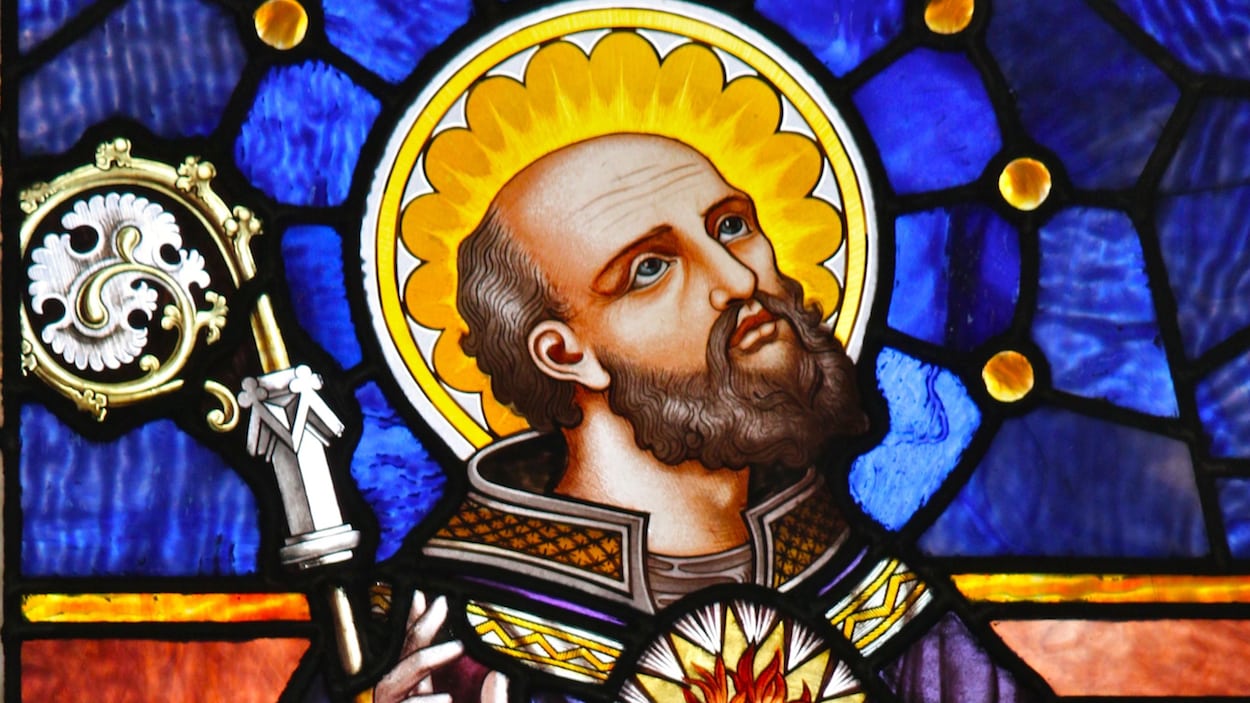Someone once wrote a story about what might happen if Jesus were alive in today’s world, beginning His public ministry and seeking people to be His apostles. In this story Jesus decided that taking out ads in the “help wanted” section of the newspaper, or using one of the on-line job recruiting services, wouldn’t be sufficient, so what He decided to do instead was to hold a “religious Olympics” from which twelve apostles would be chosen. As it happened, competition was fierce; people came from all over, and Jesus had to judge the events. First came the prayer event. Many people had practiced, and it showed: some could pray very quickly, others used impressive words, and still others expressed lofty ideas. However, when it was time to select a winner, Jesus ended up choosing no one; the prayers didn’t seem to have any heart in them—they were just words. Next came the worship event. These contestants had also prepared very carefully. Some wore beautiful garments; others used lots of incense; still others used music or incorporated gestures and movement into their worshipping. Once again, however, Jesus wasn’t able to choose a winner; the different forms of worship were all too showy, and lacked sincerity.
Lastly came the teaching event. Like the contestants in the other events, these would-be apostles were also very well prepared. Some came with elaborate posters or power-point presentations; others gave long, scholarly lectures; still others made use of small group sessions and other up-to-date techniques. However, the results were the same. People had the methods down pat, but their teaching lacked conviction, and no winners were chosen. Thus, the religious Olympics ended; there were no winners and no apostles. Jesus was exhausted and discouraged, so He went down to the lake to cool off and relax. There the miracle happened. He saw some people fishing. These persons were putting their hearts into what they were doing—so Jesus chose them (Paul Wharton, Stories and Parables for Preachers and Teachers, p. 50). The moral of the story is simple: to follow Jesus, we don’t have to be talented and successful, but we do have to be wholehearted and committed.
Our readings for the Third Sunday in Ordinary Time remind us that we must be successful not in the eyes of the world, but in the eyes of God. The prophet Isaiah lived some 700 years before Christ, and by that time there were two Jewish kingdoms: Israel in the north, centered around Samaria and Galilee, and Judah in the south, centered around Jerusalem. The most powerful nation of the day was Assyria, and Israel foolishly tried to play international politics, getting involved in an alliance against the Assyrians. This was against God’s will, and He allowed Assyria to conquer the land of Zebulun and Napthali—two of the northern tribes of Israel. By choosing to go against God’s will, the Israelites provoked disaster. However, the Lord did not abandon them; Isaiah prophesied that the gloom and distress the people were experiencing would be replaced by rejoicing, and that a great light would shine upon those who dwelt in darkness. St. Matthew’s Gospel presents Jesus as the fulfillment of this prophecy. He appeared in Galilee and began proclaiming this urgent message: “Reform your lives! The Kingdom of Heaven is at hand.” Some people ignored this word; others listened with only mild interest, but there were those who took it seriously, including some simple fishermen with little education or status, but who knew the truth when they heard it. Peter and Andrew left their nets; James and John left their boat and father. Worldly success was less important to them than following Christ. This is an example of powerful, simple faith—but even religious believers can be influenced and misled by the natural competitiveness of the world. St. Paul had to rebuke the Christians in Corinth, because they allowed themselves to be divided into factions; in effect, each group was claiming, “We’re #1!” That chant is all right for sports fans, but it has no place in Christian discipleship; Paul warns that this sort of worldly wisdom can render the cross of Christ void of its meaning.
There was once an old blacksmith who, despite many troubles in his long life, was a committed Christian. Someone asked him how he could still believe God loved him after all his suffering, and he explained, “When I pick up a piece of metal, in order to make it into something useful, I must first put it into the fire. And when it is red hot, I take it out and begin to hammer on it, and continue hammering it until I’ve made it into a useful article. But unless I put it into the fire, I must throw it out onto the scrap heap. So, that’s how I know God loves me—because instead of throwing me onto the scrap heap, He continues to pound and hammer and shape me into something worthwhile” (homily note-book, “Commitment”). The Lord uses the difficulties and sufferings of life not just to test our commitment, but to change and mold us into persons who are truly holy and valuable.
Are any of us billionaires or founders of a Fortune 500 company? Are any of us movie stars or talk show hosts? Are any of us celebrities or famous personalities? The answer to these questions is “no.” Are all of us important in God’s eyes? Are all of us capable of doing great things in His Name? Are all of us irreplaceable members of His Kingdom? The answer to these questions is “yes.” We are called to be successful in the only way that really matters, and God gives us the grace to do this—even on those occasions when it seems we can’t do anything right, even at those times when we’re awkward or prone to making foolish mistakes, even on those days when it seems we would have been better off not getting out of bed. When Jesus called us, He wasn’t looking for brilliance or genius or perfection; He was looking for faith, sincerity, and commitment.
Too many people look upon life as being a form of the Olympics, with a competitive spirit and an attitude of “My country is the greatest, my profession makes the most money, my family comes from best social class,” and so on. People who value only these things are still living in the darkness. Jesus calls us to step into the light and to follow Him with sincerity and dedication. This is how we truly reform our lives; this is how we make ourselves ready for His Kingdom.





